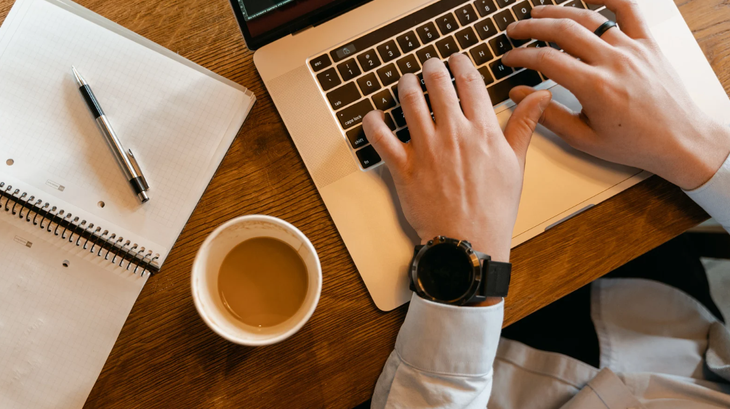
Coffee has long been a favorite drink of many people, especially office workers and night shift workers. However, scientists warn that consuming coffee at night can have a negative impact on the ability to control behavior - Photo: AI
The study was conducted at the Department of Biology at the University of Texas at El Paso (UTEP), USA and published in the journal iScience. The research team used fruit flies (Drosophila melanogaster), a species commonly used in behavioral research due to its genetic and neurological structure similar to humans, to test the effects of coffee when consumed at night.
"Caffeine is the most widely consumed psychoactive substance in the world , with approximately 85% of adults in the United States using it regularly," said researcher Paul Sabandal, a professor in the UTEP biology department. "We wanted to understand whether there were factors that caused caffeine to affect behavior differently."
In a series of experiments, the researchers fed flies diets containing caffeine at different doses, differentiating between daytime and nighttime administration, with or without sleep deprivation.
The results showed that flies given caffeine at night tended to react more impulsively. Specifically, they were less likely to stop moving when faced with a strong wind, a natural irritant, and continued flying around in a chaotic manner.
"Normally, flies will stop flying when they encounter a strong wind. But when they are given caffeine at night, they fly recklessly, despite the discomfort," researcher Erick Saldes shared.
In contrast, when caffeine was consumed during the day, this abnormal behavior did not appear.

Coffee has many benefits, but only when drunk in moderation and at the right time - Photo: AI
Notably, the study also found a clear difference between the sexes: despite similar levels of caffeine in their bodies, female flies exhibited more impulsive behavior than male flies.
"Flies don't have hormones like humans, like estrogen. This suggests there may be other genetic or physiological factors that make females more sensitive to caffeine," explains Professor Kyung-An Han.
Although the study was conducted on fruit flies, experts say the results still have important implications for humans.
The fruit fly (Drosophila melanogaster) is a popular biological model for neuroscience research because it shares many similarities with humans in terms of genetic structure and neural responses. Behaviors such as learning, memory, and response to stimuli can all be studied in this species.
Thus, the fact that fruit flies exhibit impulsive behavior after nighttime caffeine consumption suggests the possibility of a similar response in humans, particularly in situations of sleep deprivation or night shift work.
Caffeine, while helpful for alertness, can also impair your ability to control your behavior if consumed at the wrong time. This is especially important for groups such as healthcare workers, long-distance drivers, night-shift soldiers, or anyone who has a habit of drinking coffee late at night.
This study opens new avenues for better understanding the neurological effects of caffeine and prompts further human studies.
Source: https://tuoitre.vn/uong-ca-phe-ban-dem-khien-ta-boc-dong-lieu-linh-hon-20250806144100889.htm



![[Photo] Da Nang: Hundreds of people join hands to clean up a vital tourist route after storm No. 13](https://vphoto.vietnam.vn/thumb/1200x675/vietnam/resource/IMAGE/2025/11/07/1762491638903_image-3-1353-jpg.webp)










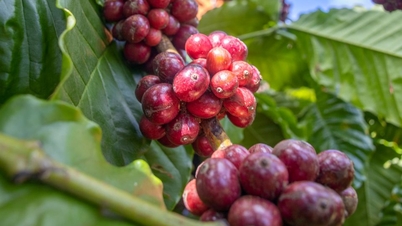


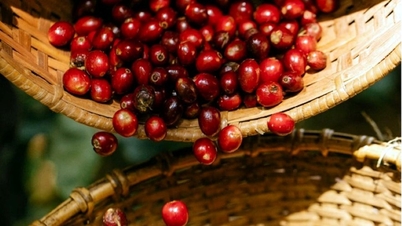













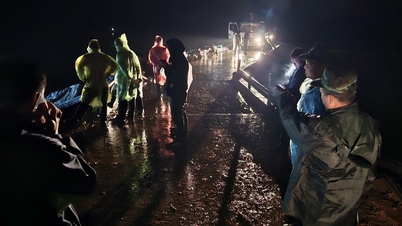



























































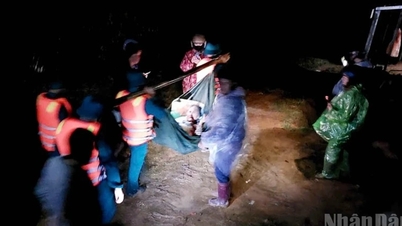















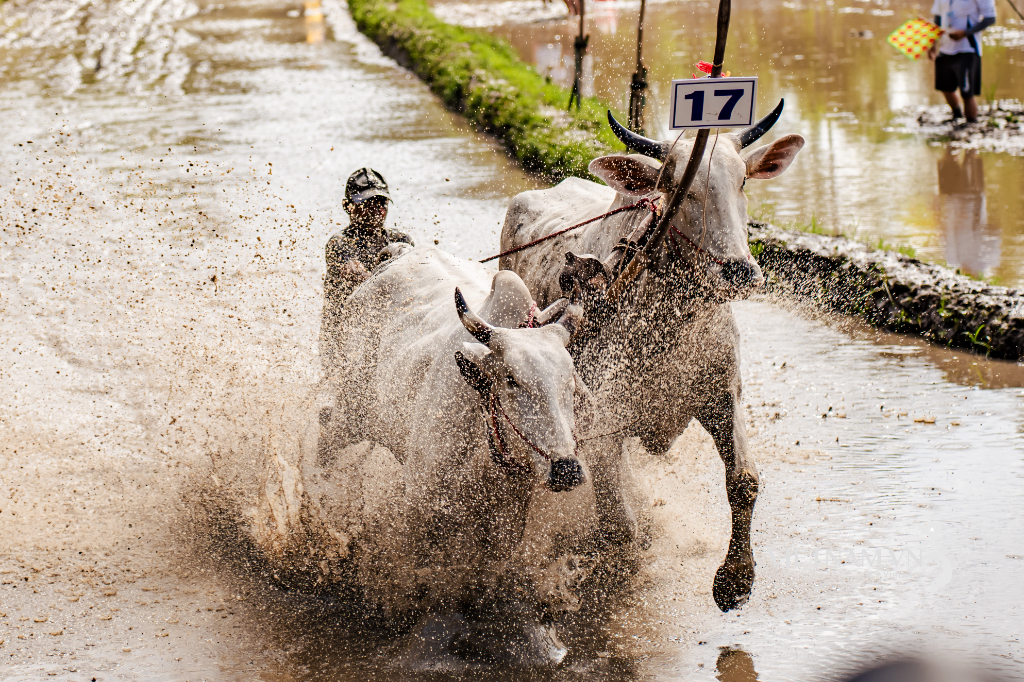



Comment (0)